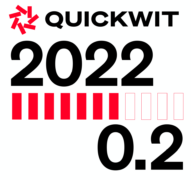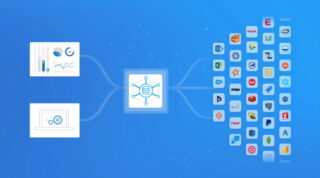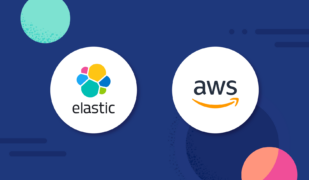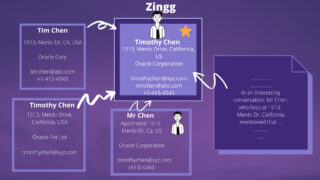Topic: data
Indico 5 launched to accelerate automation on unstructured data
Indico Data, the unstructured data company, unveiled Indico 5 to allow companies to better make use of automation and intelligent document processing (IDP) on unstructured data. Despite 90% of enterprise data being unstructured according to a December 2021 IDC report, only 2% of it is being utilized based on additional Google research. The platform uses … continue reading
Report: Data sprawl is a major challenge for almost half of companies
Data sprawl is getting worse and worse, with 43% of respondents to a new survey claiming that they use an average of four to six platforms to manage their data. Another 11% use an average of 10-12 platforms. The survey, “The State of Data and What’s Next,” was commissioned by Red Hat and Starburst and … continue reading
SD Times Open-Source Project of the Week: Quickwit
Quickwit is an open-source search engine on object storage with subsecond latency for large datasets. The project made by the authors of the Rust search engine library tantivy recently raised $2.6 million in a seed round co-led by FirstMark and firstminute with many more participants. Quickwit 0.2 was launched in January with new features such … continue reading
CData Connect Cloud offers centralized place for managing data integrations
CData announced CData Connect Cloud which enables owners of cloud applications access to real-time data and unified connection. The cloud data connectivity platform provides a centralized location for organizations to manage various integration points and connections to real-time data from an ecosystem of data sources. “Organizations rely on the cloud more than ever before, but … continue reading
Use metric stores as main data servicing layer
In a single generation, we have witnessed the internet revolution, the cloud revolution and it can be said we’re in the middle of the data revolution. Data has always been critical, but today its sheer size, speed and utility is reaching dizzying new heights. Now that data applications and analytics are a permanent, essential, growing … continue reading
The power of AI in data integration
While the amount of data in the world is infinite, our attention span is not. That’s why AI is becoming a valuable tool for data integration to create concise analysis from data and to make it more accessible to everyone throughout an organization. According to SnapLogic’s Ultimate Guide to Data Integration, AI and ML capabilities … continue reading
Report: Test stability and coverage remain challenges for teams, but top performers embrace continuous testing
While test stability and test coverage are still challenging for teams, the top performers are the ones who are embracing continuous testing. This is according to the annual State of Test Automation survey, in which Perfecto surveyed over 400 leading digital enterprises across industries. Organizations are finding it difficult to keep up with high-value test … continue reading
Elastic and Amazon reach an agreement on trademark infringement lawsuit
It was recently announced that Elastic and Amazon have resolved the trademark infringement lawsuit related to the term Elasticsearch. With this resolution, the only Elasticsearch on AWS and the AWS Marketplace is Elastic Cloud. This comes as a long awaited conclusion to the license battle between the two companies due to the change to the … continue reading
SD Times Open-Source Project of the Week: Zingg
Zingg is a new open-source project that aims to solve some of the challenges of multiple data records existing for a single person. It offers deduplication of data and entity resolution. “These records can be in single or multiple systems and they have variations across fields which makes it hard to combine them together, especially … continue reading
Azure focuses on feature abundance and integrations to become the all-inclusive cloud experience
Microsoft Azure has been showing faster growth than any other cloud provider over the last few years, and its vast ecosystem of partnerships and integrations continually make it an appealing platform for existing and prospective customers. The platform currently stands as the second largest cloud offering in the world with 21% market share, following AWS’s … continue reading
SD Times Open-Source Project of the Week: Apache Iceberg
Apache Iceberg is an open table format for datasets that can be used with compute engines like Spark, Trino, PrestoDB, Flink, and Hive. It has a lot of failsafes in place to ensure that users don’t accidentally mess up a table with a wrong command. Its schema evolution supports tasks like add, drop, update, or … continue reading
India’s data protection plan would affect how data is managed there
Several countries have successfully implemented major data privacy and protection regulations over the past decade. The EU’s General Data Protection Regulation (GDPR) drastically changed how companies managed data, not just for their customers in the EU, but worldwide. Then came the California Consumer Privacy Act (CCPA), which had a similar cascading effect when companies decided … continue reading














